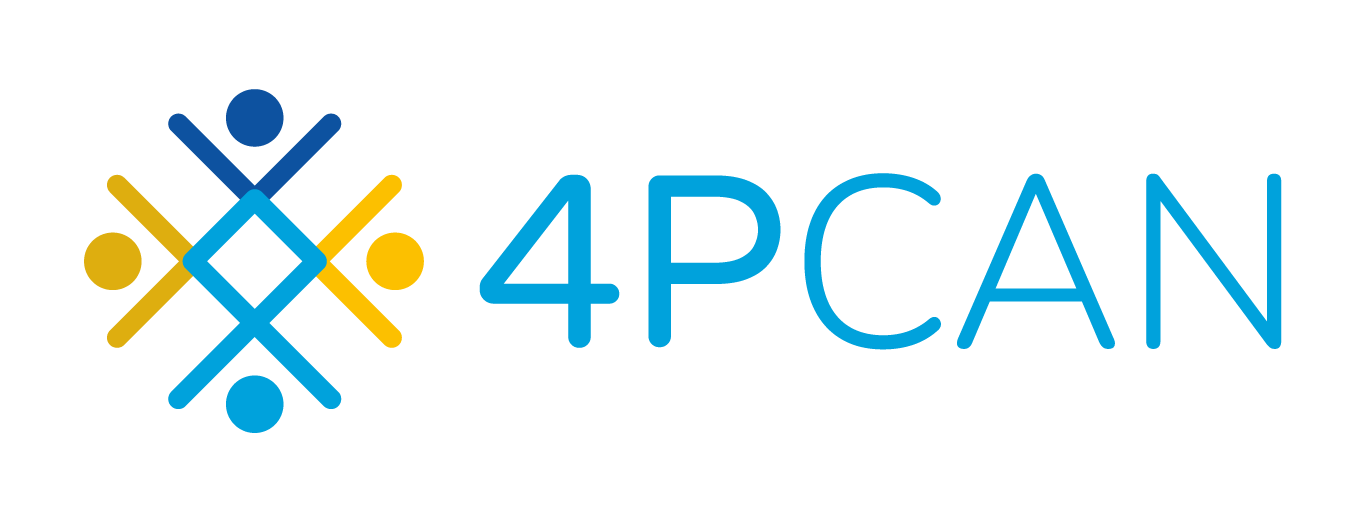October 13, 2023, Lerești. The Center for Innovation in Medicine, in collaboration with Lerești City Hall, organized the first meeting with the citizens as part of the 4P-CAN research-innovation project. Its goal is to develop a new model for primary cancer prevention, contributing to the implementation of the EU Cancer Mission.
The meeting with the citizens was hosted by the deputy mayor with the participation of Dr. Marius Geantă, President of the Center for Innovation in Medicine and the coordinator of 4P-CAN project, Cosmina Cioroboiu, MD specialist in public health and co-founder of the Center for Innovation in Medicine, and Prof. Dr. Gabriel Hâncean, from the Department of Sociology, University of Bucharest.
The residents of Lerești expressed their ideas about the topics that should be prioritized for discussions in the upcoming meetings of the project, that will be organized in the region. Moreover, the event marked the establishment of a Citizens’ Jury, which will play a key role in connecting the community with the 4P-CAN consortium’s research team.
“For the first time, the Cancer Mission, launched by the European Commission, has reached a rural community. The meeting with the citizens of Leresti, organized as part of the 4P-CAN research project, represents a milestone in innovation in the field of primary cancer prevention. Alongside researchers, doctors, and organizations, an underestimated force in the fight against cancer comes from the power of communities, who, within 4P-CAN, contribute to the creation of a new, more efficient and personalized model for cancer prevention and health promotion.” – Dr. Marius Geanta
During the event, specialists from the Center for Innovation in Medicine presented the European Code Against Cancer and the essential role the 4P-CAN project plays in contributing to its 5th edition, which is set to be released in September 2025.
The European Code Against Cancer is an initiative of the European Commission intended to inform people about the key actions they can take for themselves or their families to reduce the risk of cancer and its consequences. The Code was first launched in 1987. The current edition, the fourth, was published in 2014 and contains 12 recommendations that most people can follow. The more recommendations are followed, the lower the risk of cancer. It is estimated that almost half of all cancer deaths in Europe could be avoided if everyone followed these recommendations.
The opinions and perspectives of the citizens of Lerești will be essential in informing the fifth edition of the Code, set to be released, and in informing health policies at regional, national, and European levels. This successful event marks the beginning of a series of activities focused on encouraging collaboration with citizens in research projects.
About 4P-CAN:
The 4P-CAN project is designed to revolutionize cancer prevention through citizen engagement and social innovation. It aims to develop a new model of personalized primary prevention, integrating perspectives from the social sciences and humanities to address primary cancer prevention. The project aligns with the objectives of the EU Mission on Cancer. The project will span a period of four years and is carried out by 17 organizations from 11 countries, including countries from the Balkans that are EU member states, non-EU member states, and Western EU member states like Portugal, Italy, France, Ireland, and Belgium.
The project will identify barriers that hinder the adoption of primary cancer prevention measures, involving a detailed assessment of risk factors including smoking, alcohol consumption, sedentary lifestyles, excess body weight, infections with HPV and HBV (which can be prevented by vaccination), and environmental pollution, based on the European Code for Cancer.
About the EU Cancer Mission:
EU Missions are a novelty of the Horizon Europe research and innovation program for the period 2021-2027. EU Missions provide tangible solutions to some of humanity’s greatest challenges. They have ambitious objectives and will deliver concrete results by 2030, changing the way research is conducted, by recognizing the value of active citizen involvement.
Regarding the fight against cancer, the aim is to improve the lives of more than 3 million people by 2030 through prevention, curative treatments, and for those affected by cancer, including their families, to live longer and better.

